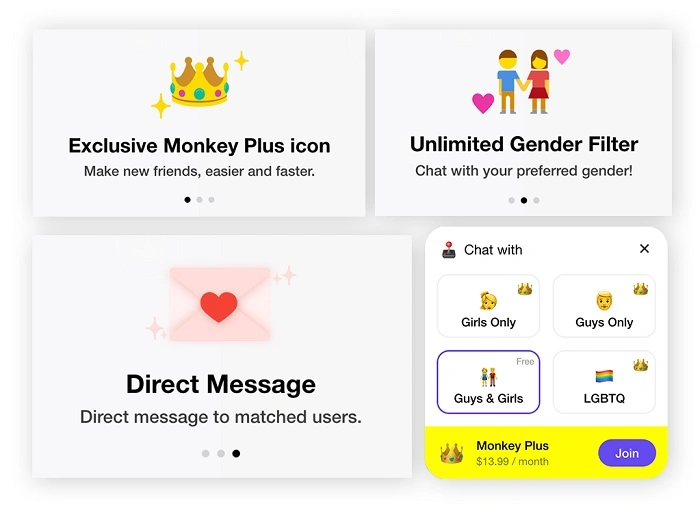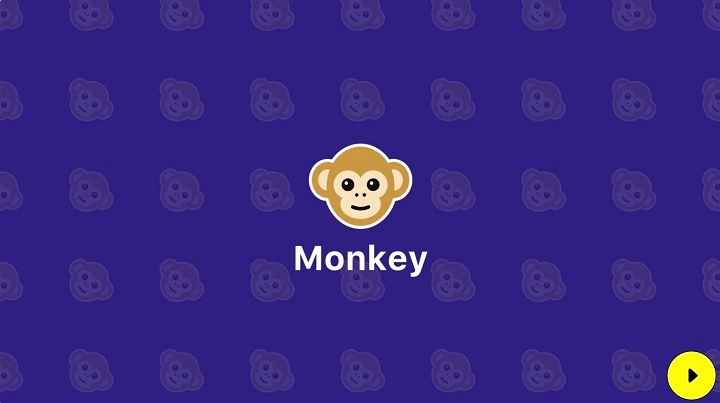The Monkey App, known for connecting users via spontaneous video chats, has recently come under scrutiny due to reported data leaks. These leaks raise serious concerns about user privacy, data security, and overall safety on the platform. This article explores what the Monkey App leaks entail, their potential impact, and how users can protect themselves.
What Are the Monkey App Leaks?

Data Exposure
The Monkey App leaks refer to unauthorized access or accidental exposure of user data. This may include personal information such as usernames, chat histories, email addresses, and other sensitive details collected during app usage.
How Did the Leaks Happen?
Leaks can occur due to weak security protocols, vulnerabilities in app code, or breaches of backend servers. In some cases, user-generated content and private conversations may be improperly stored or transmitted without strong encryption, increasing the risk of exposure.
Scope of the Leak
While the exact scale varies, reports suggest that thousands to potentially millions of users could have their data compromised, affecting their privacy and safety.
Risks Associated with Monkey App Leaks
Privacy Violations
Leaked personal data can be misused for identity theft, phishing attacks, or unauthorized contact attempts.
Exposure to Harassment or Scams
Exposed information may be exploited by malicious actors to harass users, scam them, or gather more personal details for fraud.
Loss of Trust
Data leaks damage users’ confidence in the app, discouraging them from sharing or engaging fully.
Who Is Most Affected?
Anyone using the Monkey App is potentially vulnerable, but especially those who share sensitive information during chats. Younger users and those less aware of digital privacy risks may be at greater risk.
How to Protect Yourself from Monkey App Leaks
Limit Personal Information Sharing
Avoid revealing full names, locations, contact numbers, or financial details during conversations.
Use Strong, Unique Passwords
If the app requires login credentials, ensure your password is strong and not reused elsewhere.
Enable Any Available Security Features
Check if the app offers two-factor authentication or privacy controls, and activate them.
Regularly Update the App
Developers often release patches to fix security flaws. Keeping the app updated reduces vulnerability.
Be Cautious with Saved Content
Avoid saving sensitive chats or files within the app that could be accessed if a leak occurs.
What Should the Monkey App Do?
- Enhance Security: Implement strong encryption for data in transit and at rest.
- Transparent Communication: Inform users promptly about breaches and steps to mitigate risks.
- Improve Moderation: Protect users from harmful interactions that could escalate privacy risks.
- Regular Audits: Conduct security audits to identify and fix vulnerabilities proactively.
Frequently Asked Questions (FAQs)
What kind of data was leaked from the Monkey App?
Usernames, chat logs, email addresses, and possibly other personal details were exposed.
Can leaked Monkey App data be used for identity theft?
Yes, if sensitive information is leaked, it could be exploited for identity theft or scams.
Has the Monkey App fixed the security issues?
Developers typically release updates after leaks, but users should confirm they have the latest version.
Is it safe to keep using Monkey App after leaks?
Exercise caution. Follow safety tips and monitor for suspicious activity on your accounts.
How can I check if my data was part of the leak?
Monitor official app announcements or use online tools that check for data breaches involving your email.
The Monkey App leaks highlight the importance of digital privacy and app security. While the app offers fun and spontaneous connections, users must remain cautious about the information they share. Protect yourself by following best security practices and staying updated on app developments. Responsible use and awareness are key to enjoying the platform while minimizing risks.


